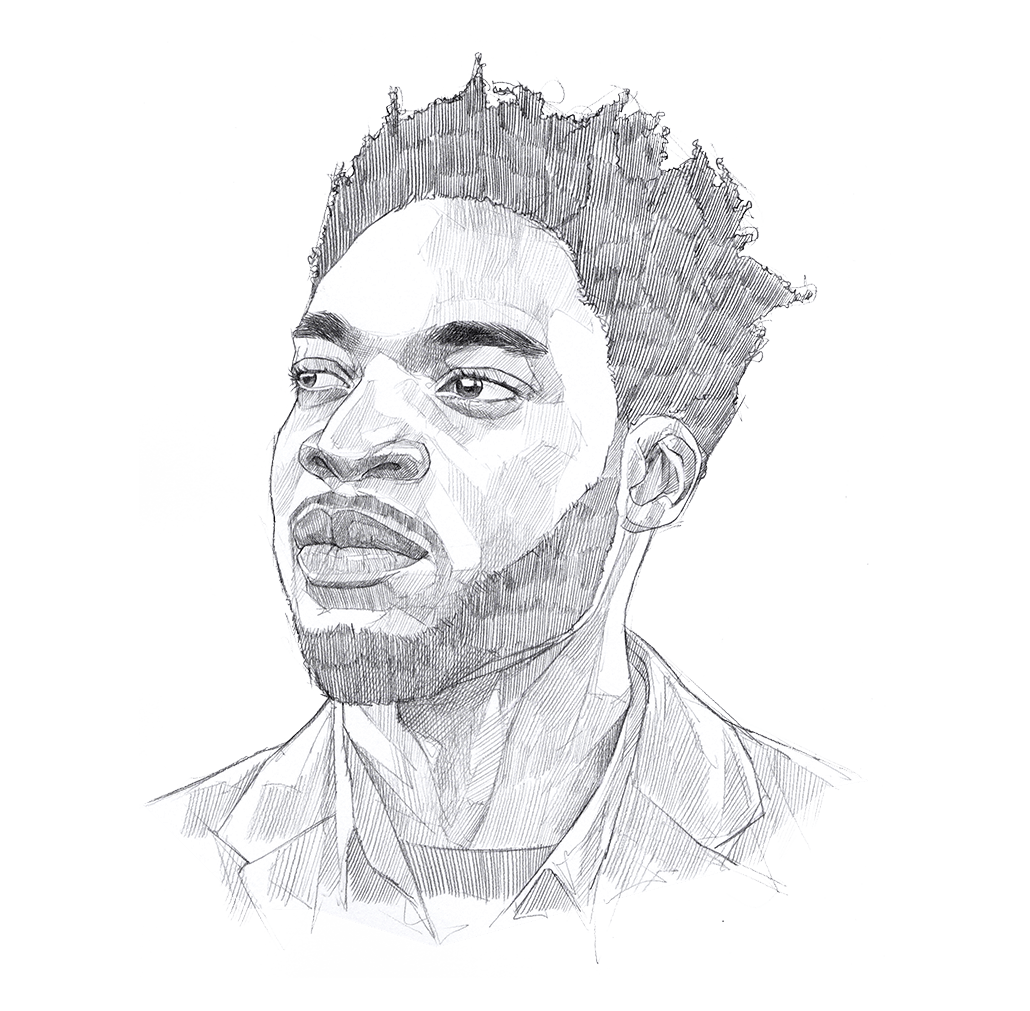Service Provider
What is a service provider?
- A service provider is an individual or organization that offers intangible an intangible product. The fact that services are “intangible” means that purchasing a service “does not result in the ownership of anything” (Kotler 1997; as cited in Coulter & Coulter, 2002, p. 35).
- People seek out service providers for reasons such as their knowledge, skills, credentials, institutional access, and/or time.
- Usually, service providers are paid for their work, but some service providers may be volunteers.
Is it always necessary to pay a service provider?
Some services are available free of charge in the following situations:
- Services may be provided free of charge to students by their universities. For example, most if not all universities in Nova Scotia employ counsellors for students.
- Services may be provided free of charge to citizens or permanent residents. For example, it is free to visit a medical doctor with a Nova Scotia Health Card.
- Services may be covered or partially covered by private health insurance.
- Some universities provide private health insurance for students, others do not.
- Visitors, including international students, often require private health insurance to access services that are free for Canadian citizens.
- Private health insurance can also cover some services that are not free for Canadian citizens.
- Health insurance packages vary, so it is important to check your coverage before using a service you hope your insurance will cover.
- Health insurance can also be very specific. For example, you may have coverage for counselling provided by a psychologist but not by a social worker.
- Services may be provided free charge by non-profit organizations. For example, the Colchester County Sexual Violence Centre, Antigonish Women’s Centre & Sexual Assault Services, and Avalon Sexual Assault Centre are all non-profit organizations that provide supports for victims/survivors of sexual violence free of charge.
What kinds of service providers are relevant to the CAPSAP project?
- Many of the recommendations on this website relate to services universities may provide or refer students to when responding to sexual violence.
- Individual service providers working within or outside universities to support victims/survivors may include healthcare professionals such as:
- Psychologists
- Social workers
- Doctors
- Nurses, including SANE nurses.
- Organizational services that can be useful to victims/survivors of sexual violence include:
- Health and counselling centres
- “Domestic violence shelters, rape crisis centers, nonresidential domestic violence and sexual assault programs, and hotlines” (Orchowsky & Weiss, 2000, p. 909)
- “Legal and medical advocacy [and] support groups,” (Macy et al., 2009, p. 361).
Are there service providers who specialize in supporting specific groups of survivors?
It can be difficult to find service providers who specialize in supporting any specific group of survivors. However, some specialized services exist. For example:
- Organizations that belong to the Anti-Violence Project Network support survivors who identify as “lesbian, gay, bisexual, transgender, queer, and HIV-affected” (NYC Anti-Violence Project, 2021; see also Malinen 2014, 2018).
- Nisa helpline (n.d.) for Muslim Women connects Muslim women to counsellors, with the option of receiving faith-based counselling.
- Religious or spiritual advisors, such as chaplains, can be thought of as spiritual care providers (Spiritual Care Association, Inc., 2020). Religious or spiritual advisors are generally specialized in a specific faith tradition.
- Spiritual care providers might not be familiar with best practices for supporting survivors of sexual violence.
- Keep.meSAFE is a Mental Wellness Student Support Program that matches students with qualified counsellors from their cultural communities. This service is only available to students of universities that purchase membership with keep.meSAFE.

